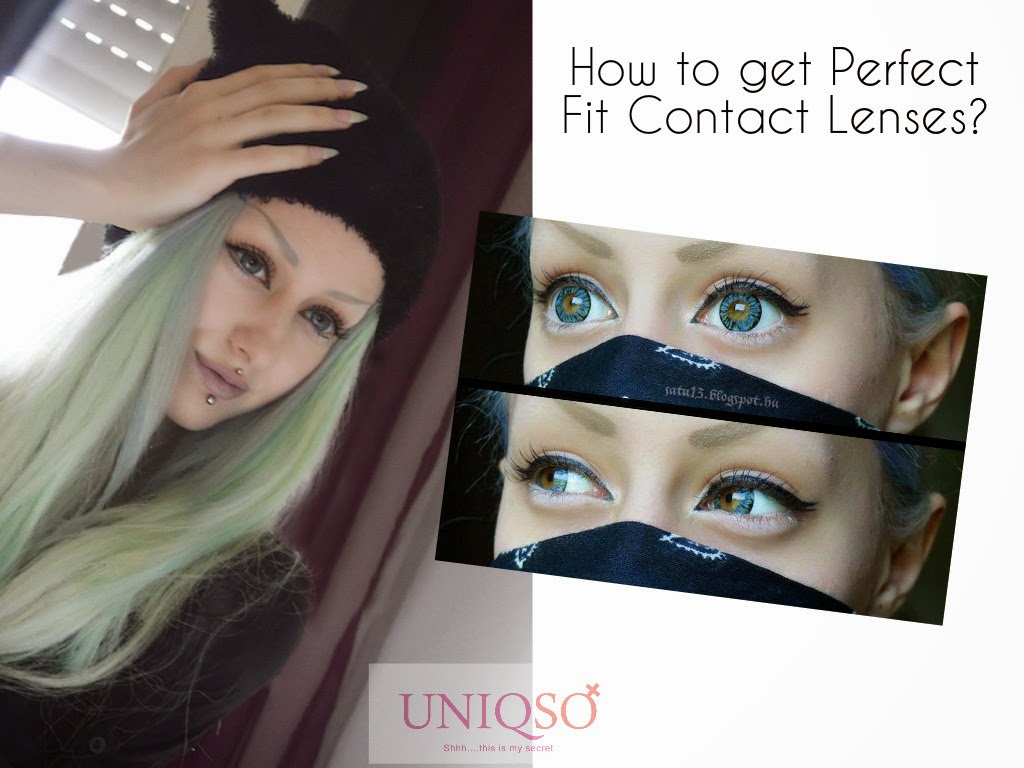Contact lens wearers with sensitivities are prone to pick
allergies. Either it is suspended pollen during spring or heat waves produced
by the blazing sun; people with sensitive eyes find it difficult to manage with
their symptoms and contact lenses. With few life style improvements, you can
almost get over every obstacle affecting contact lens tolerance.
1. Wrong Type of Contact Lenses
First things first. There are many variants of contact
lenses available, including over-the-counter fake colored contact lenses.
Please remember, that Korea is the tycoon of contact lens manufacturing. The
Korean origin lenses are FDA approved that minimize the risk of infections.
Wrong type of contact lenses may fade, cause abrasions & pick environmentally
suspended external agents that may trigger allergic response. Even
pharmaceutical disinfecting solution & anti-allergic eye drops seem ineffective
with wrong type of contact lenses. Make a wise decision when purchasing colored
contacts.
2. Wrong Type of Interior Décor
Furry rugs, soft fleecy throws & velvet curtains may
concoct a picture worthy of being featured in an interior-design magazine.
Unfortunately, these all are the factors behind severe & abrupt allergic
attack. Without you knowing, these home-décor furnishings pick dust and
encourage the growth of mites. Avoid sleeping at carpets & only use
machine-washable mats/rugs. If you wear contact lenses, you need to make all
measurements to keep your surroundings clean.
3. Hot & Humid Showers
Mould grows exponentially in warm & humid places. If you
love steamy showers, check the lines for fungus at grouting. Whilst taking
shower, make sure there is enough ventilation for the steam to get out.
Otherwise, handling your contact lenses – wearing & removing them at
washroom sink will only be adding more to your troubles.
4. Change Upholstery Frequently
Changing upholstery frequently is recommended especially if
you wear contact lenses. Your pillow cases, comforters, bed-sheets and other
upholstered furnishings breed germs & bacteria. From dandruff to pet dander
& makeup remains, your pillow cases keep on depositing the allergens until
you wash them at high temperature in a washing machine.
As a contact lens wearer, you need to stay aware of your surroundings.
Contact lenses aren’t only fashion accessory but are also medical devices. Good
personal hygiene is the first thing that you should improve once you switch to
contact lenses- Then comes your home & furnishings that must be paid
attention in order to prevent allergies among contact lens wearers.















